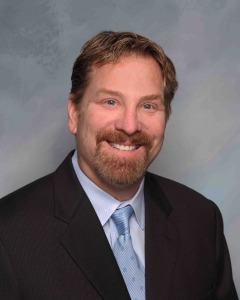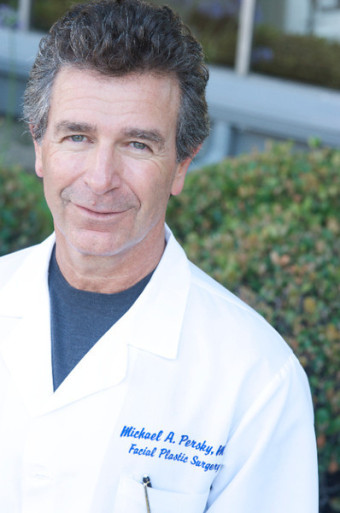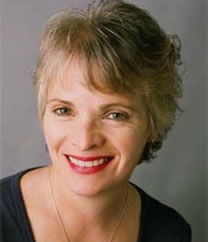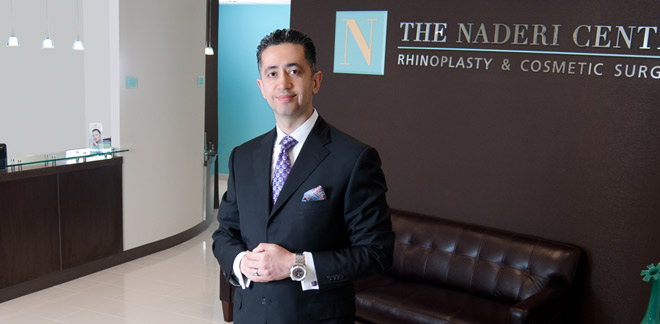Dr. Brett Kotlus; from gene mapping to plastic surgery.
Physician: Brett Kotlus, M.D., M.S.
Location Update: Dr. Kotlus has recently moved to NYC. His new practice webesite is at DrKotlus.com
That's interesting: Dr. Kotlus has traveled to Mongolia on a humanitarian medical mission to instruct local doctors. He also had the opportunity to travel to Malaysia and Thailand to conduct a peer-to-peer laser training. In 2007, he was the first recipient of two Cosmetic Surgery Foundation research grants.

About: I went to Penn State for my undergraduate education and I stayed on to finish a Master’s program in genetics. My thesis involved gene mapping in mice. I then decided I wanted to work with people, and I went to medical school at Tel Aviv University. After a residency in ophthalmology in New York, I completed two fellowships, one in oculofacial plastic surgery accredited by ASOPRS and a two-year cosmetic surgery fellowship accredited by the American Academy of Cosmetic Surgery. I then joined a cosmetic practice in Michigan.
How did you fell in love with cosmetic medicine? What was your training like?
My AACS-accredited fellowship in general cosmetic surgery was a major influence on my career. I had the opportunity to train with fantastic oculofacial surgeons, ENT/facial plastic surgeons, general plastic surgeons, and general surgeons to round out my aesthetic knowledge. The exposure to a growing field involving new technology was an attraction early on.
Who runs your plastic surgery center an medical spa and what services do you offer?
The office is an hour north of Detroit. There are 2 full-time physicians, 2 part-time physicians, and 2 physician assistants. The scope of the practice includes non-surgical and surgical cosmetic procedures including functional oculoplastic surgery, varicose vein treatments, medical weight management, and hormone replacement. The office has an accredited operating suite.
Are you using new technologies in your clinic? Can you share your experience using these?
We are strongly involved in new technology. There is a lot of excitement in the practice right now for the nonsurgical fat reduction devices. We are using CoolSculpting and Liposonix and both have shown better results than any previous non-surgical fat reduction modality. With CoolSculpting for example, we have found an average of 25% subcutaneous thickness reduction after a single treatment, as measured by diagnostic ultrasound. The market for body contouring is huge, especially when it can be done with minimally-invasive means.
For skin resurfacing I generally use the erbium Fraxel or the fractional CO2 (Lumenis ActiveFX and DeepFX) depending on the client’s tolerance for downtime. Ulthera is a new addition to the practice and I think it will supplant Thermage for non-surgical firming.
How are you driving new patient traffic?
Obviously, we put a good deal of focus on the internet with our website and adwords campaigns. This is an ongoing project, and we work with an SEO firm as the ranking rules continue to evolve. We did a Groupon campaign that was very successful in the sense that it introduced our practice to clients that may not have known about us. It was definitely worthwhile.
Internal marketing to our existing patientsis our most valuable form of advertising. We rely on referrals from happy clients and we regularly schedule seminars and events to generate excitement and offer education about the procedures we offer.
Many surgeons are less than enthusiastic about nonsurgical treatments. What's your on using nonsurgical treatments alongside surgery.
Injectables continue to amaze me in terms of being able to achieve great results in a short period of time with minimal downtime. Neuromodulators and fillers are often downplayed by cosmetic surgeons because they want to be in the OR, but they should embrace the minimally-invasive advances in our field. I find injectables to be just as professionally rewarding as surgery.
One of my favorite stories about appearances comes from my own family. My grandmother underwent cataract surgery a few years ago. She called me afterward because she thought the surgery gave her more wrinkles and made her face look older. To me, she looked the same, but her vision was dramatically better, so she was able to see the wrinkles. From her perspective, she aged 10 years in an instant. She couldn’t believe that she had been walking around like that for all these years. She still imagines herself as a youthful person. Some of the time in cosmetic medicine we are focusing on a wrinkle when we should be focusing on a perspective.
This interview is part of a series of interviews of physicians running medical spas, laser clinics and cosmetic surgery centers. If you'd like to be interviewed, just contact us.
Update on 2015-02-05 14:45 by Medical Spa MD
Update: Dr. Kotlus has recently moved to NYC. His new practice webesite is at DrKotlus.com










